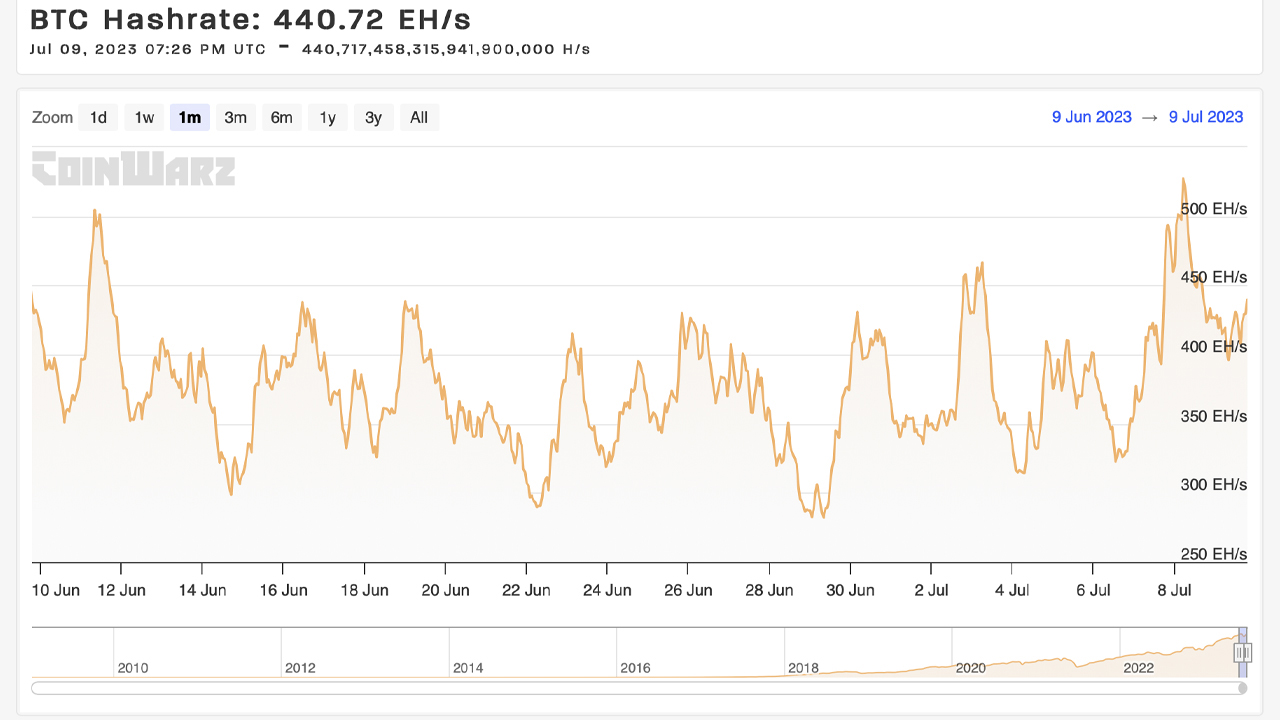DOJ's Proposed Google Changes: A Threat To User Trust?

Table of Contents
The DOJ's Antitrust Concerns and Proposed Remedies
The DOJ's antitrust concerns stem from Google's dominant position in the online search market. They argue that Google leverages this monopoly power to unfairly favor its own products and services, stifling competition and potentially harming consumers. This market dominance, the DOJ contends, violates antitrust laws. Their proposed remedies aim to level the playing field and foster a more competitive landscape. Specific proposals include:
- Restrictions on Preferential Treatment: The DOJ seeks to prevent Google from giving undue prominence to its own services like Google Shopping and Google Flights in search results. This includes limiting the use of algorithms that prioritize Google's products over competitors.
- Potential Structural Separation: A more radical proposal involves structurally separating Google Search from other Google services. This would involve creating independent entities, potentially leading to a more fragmented Google ecosystem.
- Data Collection and Usage Regulations: The DOJ is also pushing for stricter regulations on Google's data collection and usage practices, aiming for greater transparency and user control over their personal information.
- Increased Transparency Requirements: The proposals also call for increased transparency in Google's algorithms and ranking processes, providing more insight into how search results are determined.
The legal arguments underpinning the DOJ's case rest on established antitrust principles, focusing on Google's alleged anti-competitive behavior and its impact on innovation and consumer choice.
Potential Impacts on User Experience
The proposed changes could significantly impact user experience, both positively and negatively. Potential positive impacts include:
- Increased Competition & Innovation: Breaking Google's dominance could spur innovation, leading to the development of more advanced search technologies and features from competitors.
- More Diverse Search Results: A more competitive market might expose users to a wider range of information sources, potentially offering diverse perspectives and reducing filter bubbles.
- Improved Accuracy & Relevance: Increased competition could drive improvements in search algorithm accuracy and relevance, potentially leading to better search results for users.
However, potential negative impacts are also significant:
- Fragmentation of Search Results: The changes could lead to fragmented search results, making it harder for users to find relevant information efficiently. Users might have to consult multiple search engines to get a complete picture.
- Decline in Search Algorithm Quality: A less centralized search ecosystem might result in a decline in the overall quality of search algorithms, leading to less relevant or accurate results.
- Rise of Less Trustworthy Engines: The emergence of smaller, less established search engines could lead to an increase in the prevalence of biased or less trustworthy search results. The current rigorous standards upheld by Google might be compromised.
These potential effects highlight the complex interplay between competition, search engine optimization (SEO), user interface (UI), user experience (UX), and information access.
The Impact on Google's Business Model and Innovation
The DOJ's proposed Google changes could significantly affect Google's revenue streams, impacting its market capitalization and revenue generation. The company's reliance on targeted advertising tied to its search dominance would likely be challenged. Google might respond through appeals, lobbying efforts, or by strategically adapting its business model. However, the ultimate impact on innovation in technology and Google's long-term corporate strategy remains uncertain.
The Role of Data Privacy in the Debate
Data privacy is intrinsically linked to the DOJ's proposed Google changes. Concerns about Google's extensive data collection practices, particularly regarding user data and its use in personalizing search results, are central to the public debate. Regulations inspired by GDPR and other data protection laws are driving the need for increased transparency and user control. The relationship between data collection, personalized search results, and user trust is complex, and the DOJ's actions reflect a growing societal concern about algorithmic bias and potential misuse of personal data.
Conclusion
The DOJ's proposed Google changes present a multifaceted challenge. While aiming to promote competition and potentially benefit consumers in the long run, they also pose risks to user experience and Google's innovation capabilities. The core question remains: is the DOJ's intervention truly necessary to protect user trust, or could it inadvertently weaken it by fragmenting the search landscape and potentially lowering the quality of search results? Considering both the short-term and long-term consequences is crucial. We urge readers to engage with the ongoing debate surrounding the DOJ's proposed Google changes, researching the arguments from all sides, and forming their own informed opinions. Share your thoughts and contribute to the discussion – the future of online search depends on it.

Featured Posts
-
 Upcoming 2025 Games Release Dates For Ps 5 Ps 4 Xbox Pc And Switch
May 08, 2025
Upcoming 2025 Games Release Dates For Ps 5 Ps 4 Xbox Pc And Switch
May 08, 2025 -
 Bitcoin Mining Why The Recent Increase
May 08, 2025
Bitcoin Mining Why The Recent Increase
May 08, 2025 -
 Xrp Ripple Investment A Realistic Assessment Of Potential Returns
May 08, 2025
Xrp Ripple Investment A Realistic Assessment Of Potential Returns
May 08, 2025 -
 What Are Rogue Exiles And Their Role In Path Of Exile 2
May 08, 2025
What Are Rogue Exiles And Their Role In Path Of Exile 2
May 08, 2025 -
 Recent India Pakistan Conflict A Detailed Account Of The Strikes
May 08, 2025
Recent India Pakistan Conflict A Detailed Account Of The Strikes
May 08, 2025
Latest Posts
-
 Jayson Tatum On Personal Growth From Coaching To Confidence
May 08, 2025
Jayson Tatum On Personal Growth From Coaching To Confidence
May 08, 2025 -
 Jayson Tatums Personal Grooming Routine And Confidence Boosting Strategies
May 08, 2025
Jayson Tatums Personal Grooming Routine And Confidence Boosting Strategies
May 08, 2025 -
 Jayson Tatum Grooming Confidence And His Essence Filled Coaching Journey
May 08, 2025
Jayson Tatum Grooming Confidence And His Essence Filled Coaching Journey
May 08, 2025 -
 Celtics Vs Nets Latest Injury Report And Tatums Playing Status
May 08, 2025
Celtics Vs Nets Latest Injury Report And Tatums Playing Status
May 08, 2025 -
 Is Jayson Tatum Out Tonight Celtics Nets Injury News
May 08, 2025
Is Jayson Tatum Out Tonight Celtics Nets Injury News
May 08, 2025
